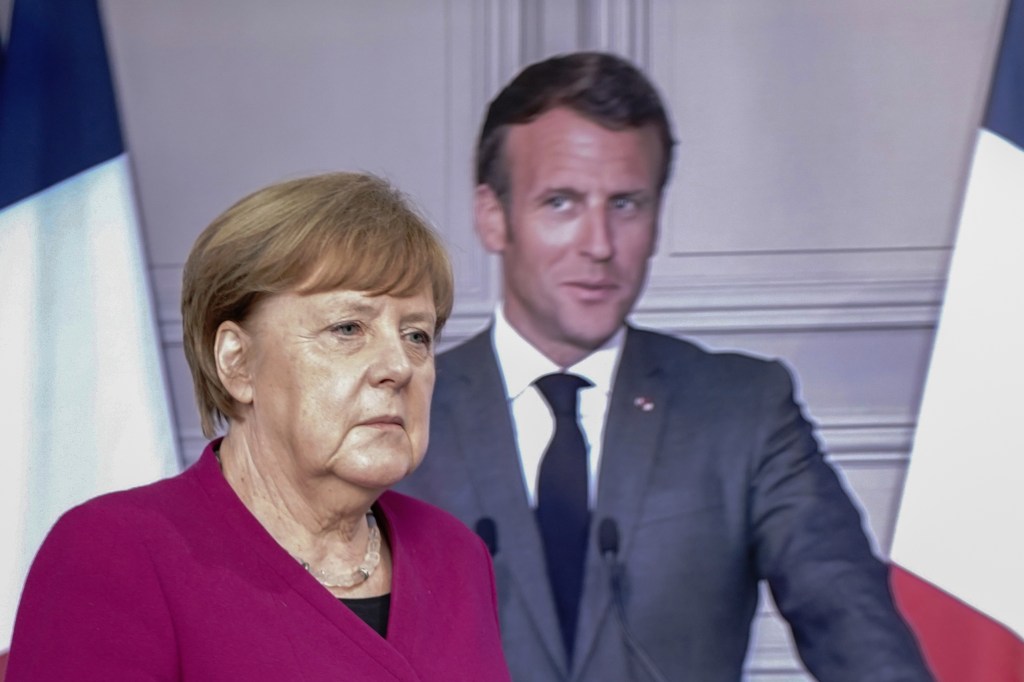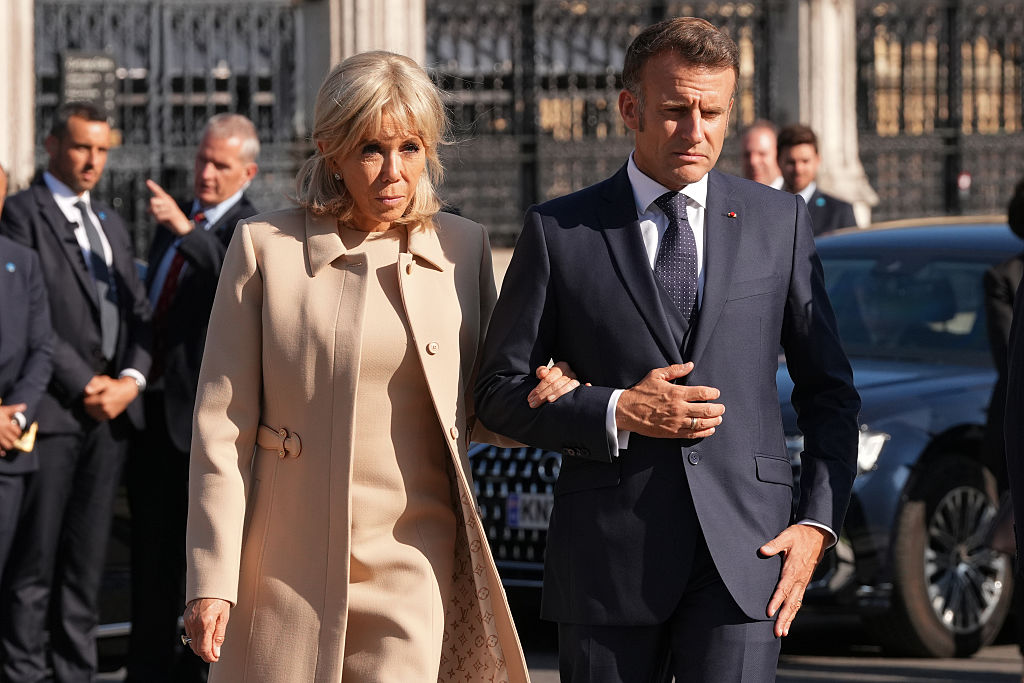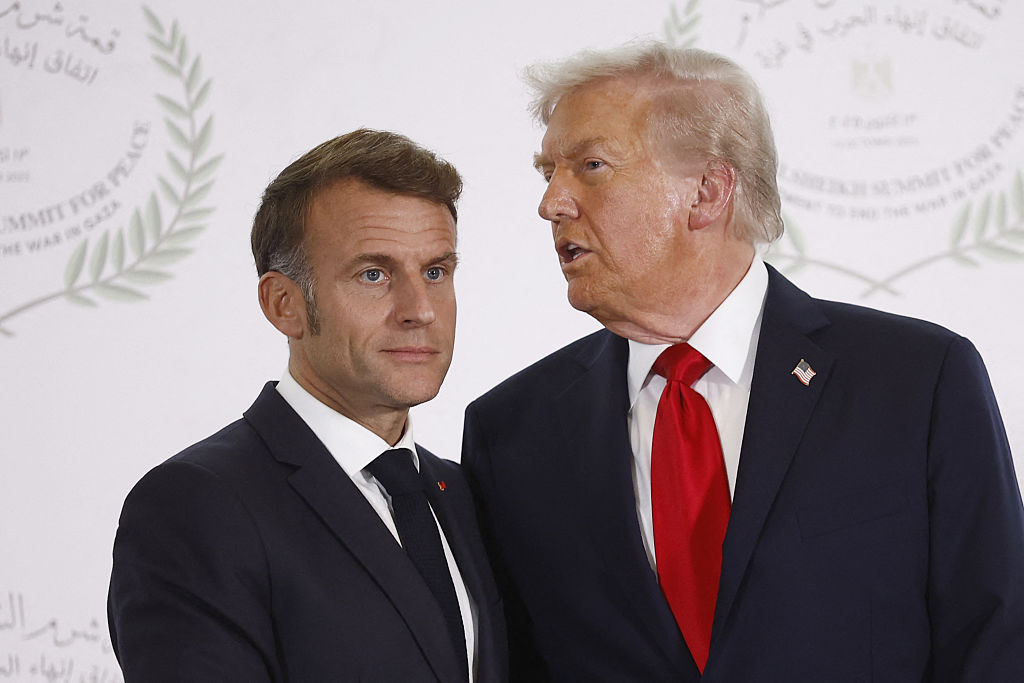There are not that many advantages to electing a former investment banker as president. They are often aloof. They don’t have much in the way of a common touch. And they have a sense of entitlement that blinds them to their failings. There is, however, always this to make up for all that. They know how to make a bond issue work for the bottom line. And in designing a ‘rescue fund’ to get the EU through the COVID-19 crisis, France’s President Macron, an alumnus of Rothschild & Cie, has put some of those skills to work.
Earlier this week, Macron announced a deal with Germany’s Angela Merkel to create a €500 billion ($547 billion) European Union rescue fund for coping with the coronavirus crisis. It came complete with lots of grand talk of ‘solidarity’ and ‘burden-sharing’ among the people of Europe. The EU’s fanboys immediately hailed it as a ‘Hamilton moment’ that would, at last, create a proper European Treasury, a transfer union alongside a monetary and political one. In a crisis, a single European identity would be forged (and so on and so on — this stuff more or less writes itself).
Really? Some German think tanks quoted in Die Welt have started to crunch through the numbers, in the way German think tanks will. And they have discovered something interesting. The fund may largely work to France’s advantage, even though it is the second-largest economy in the EU, and one of the richest.
Here’s the math. France is currently the third-largest net contributor to the EU, at €7 billion ($7.6 billion) a year once you add up what it pays in and what it gets back (it is behind both the UK and Germany, but we are off very soon). The rescue fund will be distributed according to how badly you have been hit by the virus. France, Spain and Italy are the three worst hit countries by a large margin. It will also pay for ‘support schemes’. France’s are far more generous than anywhere else.
***
Get three months of The Spectator for just $9.99 — plus a Spectator Parker pen
***
For example, its payments to workers on hold are even more extravagant than our furlough scheme. So it is likely to get more money than any other country. The EU currently spends €165 billion ($180 billion) a year, so a €500 billion fund, borrowed on the capital markets, and guaranteed by all the member states, will dwarf its normal annual spending. The award to France is going to be far more than its net €7 billion contributions, probably several times over, making it a net beneficiary of EU funds. In fairness, as Die Welt points out, Italy and Spain will become net beneficiaries as well, but they are not nearly so rich. The ‘transfer union’, it turns out, will largely be a transfer to France.
Of course, that’s great for the French, and for President Macron. The rest of the EU, possibly including the UK if we extend our transition period, will pay for a lavish bail-out of its companies and workers. But it is hard to see what anyone else gets out of it. And it might — and I am just guessing here, but you never know — increase suspicions that the EU was always a French racket to subsidize its own economy.
This article was originally published by The Spectator s UK website.

























